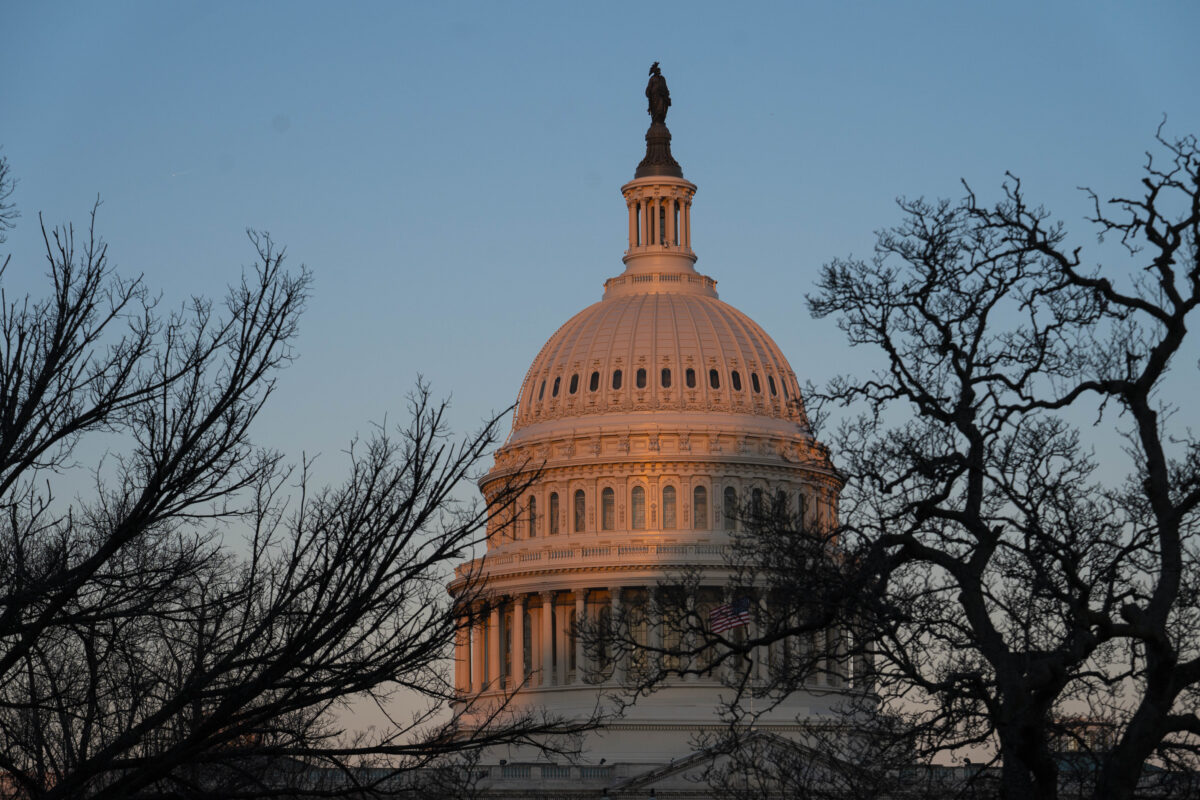


A mother told the Senate Judiciary Committee on Feb. 14 that her teenage son still took his life after being bullied on social media despite good parenting and discussing the dangers of online social networking with him.
In June 2020, Kristin Bride from Oregon lost Carson, her 16-year-old son. She said Carson received his first phone, which had no apps when he was in 8th grade.
He joined social media when he was a high school freshman; the mother explained, “that was how all the students were making new connections.”
Only weeks after his death, she discovered that Carson’s high school classmates bullied him on Snapchat. They were hiding their identities by using apps such as Yolo and LMK.
These applications operated through Snapchat’s interface, allowing Snapchat users to invite others to ask or answer questions anonymously.
“After his death, we discovered that Carson had received nearly 100 negative, harassing, sexually explicit, and humiliating messages,” she said, “including 40 in just one day.”
In May 2021, she filed a lawsuit against Snap, Yolo, and LMK. Although Snap suspended the hidden-identity apps from its platform, Yolo and LMK found protection under Section 230.
Section 230 of the Communications Decency Act of 1996 holds one accountable for online actions and statements but not those of others. The act prohibits most legal charges against users or services based on others’ statements.
However, Bride told lawmakers the issue was about the organizations misleading her son into believing the apps were safe and users’ identities could be revealed, not about the bully’s statements.
“Let us be clear—these are not coincidences, accidents, or unforeseen consequences, she said, “they are the direct result of products designed to hook and monetize America’s children.”
Legislation such as the Kids Online Safety Act (KOSA) “is long overdue,” she told lawmakers. KOSA requires that social media platforms take careful consideration when designing apps used mainly by children and teens.
Sen. Richard Blumenthal (D-Conn.) introduced KOSA in the 117th Congress but it did not end up signed into law.
“I commit that we will work on major Section 230 reform, and it will be bipartisan,” he told the hearing.
“It is almost as if social media platforms are operating in the days of the Wild West, and anything goes, and when these children are on these platforms, they’re the product,” Sen. Marsha Blackburn (R-Tenn.) said. She was one of the KOSA co-sponsors in the previous Congress.
Although the online world has its benefits, Senator Richard Durbin (D-Ill.) said it poses a significant risk and danger to children. He added that children’s safety is a primary concern in almost every aspect of the real world, but not in the online world.
“We lock the door and teach our kids not to talk to strangers, but in the virtual world, criminals and bullies don’t need to pick a lock or wait outside the playground to hurt our kids,” he said, “they only have to lurk in the shadows online.”
The situation should be approached from a customer protection angle, Sen. Lindsey Graham (R-S.C.) said.
“They make money based on eyeballs and advertising—there is no regulatory agency in America with any meaningful power to control this,” Graham said, adding that “there are more bills being introduced in this area than any subject matter that I know of—all of them are bipartisan.”
Another panelist, Emma Lembke, is a student at Washington University in St. Louis studying political science.
She founded the Log Off movement, a youth initiative advocating for online child safety legislation. She began using social media in 6th grade. “These platforms seemed almost magical,” she said.
That changed, however, as her screen time increased. Lembke said she was “scrolling mindlessly for five-six hours a day.”
In the 9th grade, she reached a “personal breaking point,” prompting her to temporarily remove social media apps from her phone, saying that she was still recovering from the damages caused by it.
Through Log Off, Lembke said, “I’ve listened to stories of unwanted direct messages, vicious cyberbullying, and dangerous pro-anorexia rabbit holes.”
Lembke urged lawmakers to hold Big Tech companies accountable.
“Integrating our lived experience into the regulatory process is essential to getting it right,” she said.
